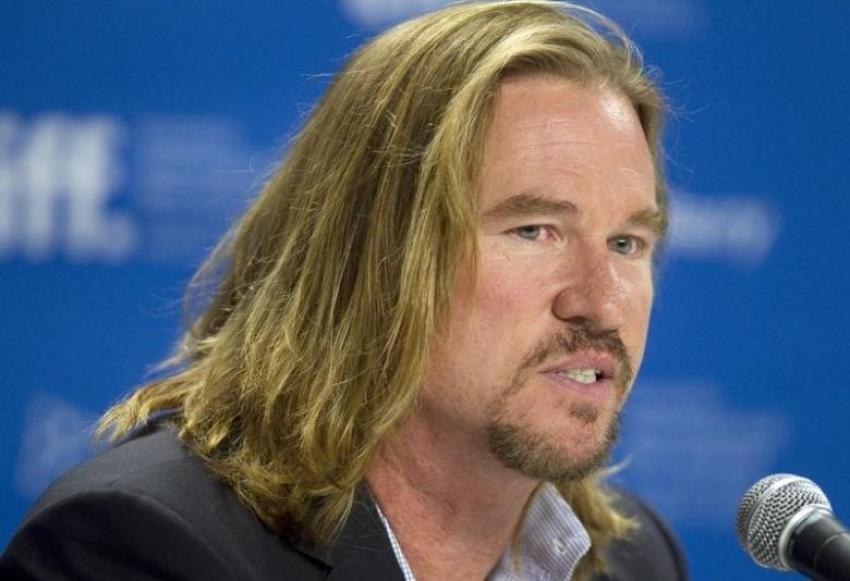Actor Val Kilmer Says Faith in Love of Jesus Healed Him of Cancer

Devout Christian Scientist and actor Val Kilmer is attributing his recent recovery from oral cancer to his faith in the love of Jesus.
Responding to a question about what he wanted people to know about having and beating cancer in a Reddit AMA Q&A session Wednesday, the 57 year old opened up about the role of his faith as a Christian Scientist.
"I am very grateful for all the prayers and good thoughts from around the world. People that know I am a Christian Scientist make the assumption that I have somehow endangered myself. But many, many people have been healed by prayer throughout recorded history. And many, many people have died by whatever was modern medicine," Kilmer said.
Mary Baker Eddy discovered and founded Christian Science, according to the Christian Science website. The faith appreciates God as "infinite love, and so invariably good that a clear glimpse of this through prayer has power to heal, redeem, and restore anyone."
Eddy was a lifelong student of the Bible who turned completely to God after she experienced a critical injury in 1866. "As she read accounts of Jesus' swift, powerful healings, a new sense of God, Spirit, as the only reality flooded her thought and healed her. Impelled to understand the principle behind this experience, she continued to search for and find in the Bible the underlying laws of God that would form the basis of her teaching and practice of Christian Science," the website explains.
Kilmer added: "I had the honor of knowing Dr. Bernard Lown, for example, a man whose invention of the refribulator, (SP) never spell it right. The machine with the paddles that zaps people back into the world of the living. ... I asked him what was the most important thing for a doctor to do when a patient fears for their life. He started to weep without his voice wavering and he leaned into me and said, 'Fluff their pillow. That's what I tell all the interns."
"'LOVE. Love heals. More than any other skills, I urge them to LOVE the life they are entrusted to save.' Well, that's what is at the heart of Mrs. Eddy's understanding of the teachings of Jesus," Kilmer continued.
He noted that Lown taught his students how to heal mental and physical challenges by "understanding the immense power of love."
"I have seen people turn down love. I have turned it down myself when I was younger. I still had hearings through relying solely on prayer, and came in went from a very challenging faith. And sometimes had hearings when I didn't believe. It didn't matter in Jesus' day whether the patient believed. It doesn't matter today. Love doesn't care about our tiny human thoughts. That's how I understand it anyway," Kilmer said.
He said when he was younger he tried convincing people of the power of love but he doesn't try to do that anymore.
"I try to mind my own business now that I'm older. I also hope I never turn down love again. It was an unspeakable sense of universal support while I was briefly in the hospital. Even two of my doctors mentioned praying with me, for me. Sometimes people are surprisingly mean about this sort of talk. Maybe they mix it up in their minds with extremists. People screaming with signs in front of Planned Parenthood or something," he said. "That's not my sense of Christianity."
Kilmer's oral cancer was first made public on Halloween last year by fellow actor Michael Douglas in an interview about their film "The Ghost and the Darkness." He had initially denied the revelation but acknowledged late last month that he was recovering from the disease. He was reportedly diagnosed with throat cancer in 2015 and underwent surgery. He kept his fight secret, however, until Douglas' revelation.
According to WebMD, men are twice as likely as women to develop oral cancer. Risk factors for the disease including smoking, excessive drinking, a family history of cancer and excessive exposure to the sun. An estimated 40,000 people were diagnosed with the disease in 2014.
The overall one-year survival rate for oral cancer patients at all stages of the disease is 81 percent. At five years the survival rate drops to 56 percent and after 10 years it decreases to 41 percent.


























